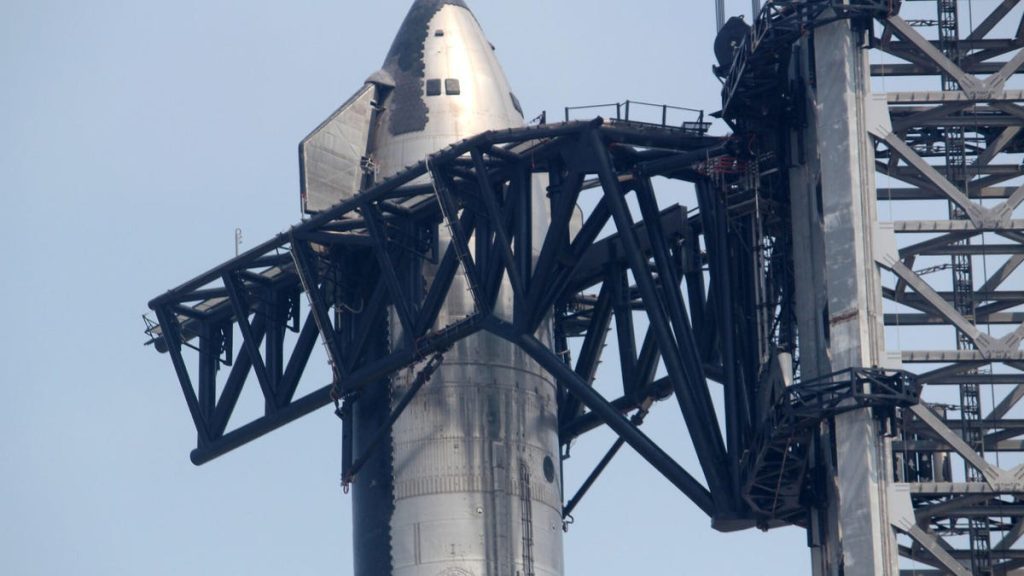SpaceX CEO Elon Musk announced plans to send five uncrewed Starships to Mars in the next few years, with the next launch window in 2026. If successful, crewed missions could follow during the 2028-29 launch window. However, there have been challenges in landing the Starship on solid ground, with the latest attempt resulting in a landing in the Indian Ocean. Musk aims to establish a self-sustaining Martian city within the next 20 years, with the Starship capable of carrying a max payload of 150 metric tons.
Despite Musk’s ambitious timeline, SpaceX has faced delays and issues, including confrontations with the FAA over procedural matters and disagreements with regulators on environmental impacts. Musk has criticized government bureaucracy for hindering SpaceX’s progress, suggesting that it could worsen under a Democratic administration, referencing the upcoming election. Additionally, delays have affected other projects such as NASA’s Artemis 3 mission, which was pushed back to 2026, utilizing SpaceX’s Starship. Japanese billionaire Yusaku Maezawa also canceled his flight around the moon that was planned to use the Starship.
The company remains committed to its goal of interplanetary travel, with Musk emphasizing the importance of increasing the number of spaceships traveling to Mars with each transit opportunity. While facing challenges, SpaceX continues to work towards achieving its vision of establishing a colony on Mars and advancing the capabilities of the Starship. The success of the upcoming uncrewed missions will be crucial in determining the feasibility of crewed missions in the future, with the ultimate objective of creating a sustainable human presence on the red planet.
SpaceX’s efforts to expand the capabilities of the Starship and increase the frequency of missions to Mars reflect Musk’s vision for interplanetary colonization. Despite setbacks and delays, the company remains focused on overcoming challenges and achieving its long-term goals. Musk’s outspoken criticism of government bureaucracy and regulatory obstacles underscores the need for streamlined processes to facilitate progress in space exploration. As SpaceX continues to push the boundaries of space travel, the success of its upcoming missions will be critical in shaping the future of human space exploration.












